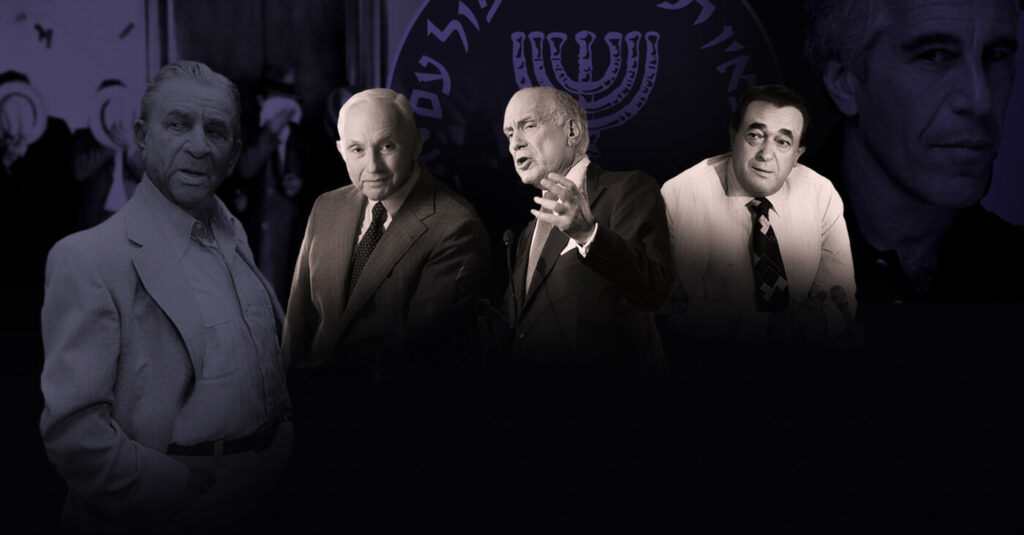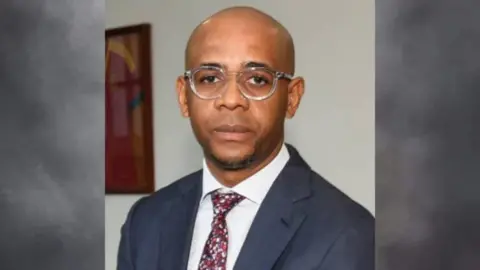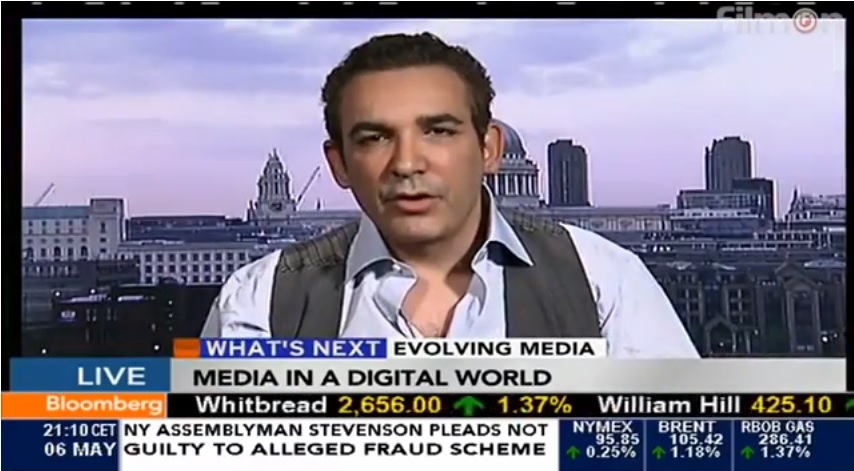Mchunu, who is 67 and a prominent member of the African National Congress (ANC), has denied the accusations and expressed his willingness to respond to the charges. The allegations involve claims of interference in sensitive investigations related to political killings and corruption within police ranks. Responding to mounting public pressure, Ramaphosa appointed law professor Firoz Cachalia as the interim police minister.
The allegations surfaced from KwaZulu-Natal police chief Nhlanhla Mkhwanazi, who accused Mchunu of receiving financial backing from a businessman linked to corruption and organizing the disbandment of an investigative task force aimed at tackling political assassinations. Mkhwanazi detailed a troubling narrative, claiming that critical case files have been left unattended, some of which had clear directions for arrests prior to the case backlog.
The implications surrounding Mchunu's alleged connections to organized crime are further complicated by his potential candidacy for leadership within the ANC, particularly as the party gears up for its next elective conference in 2027. The investigation will not only encompass Mchunu but will also scrutinize various current and former police officials and members of the national executive.
As the country watches closely, Ramaphosa's bold move reflects a critical moment in South Africa's ongoing struggle with corruption and public trust in law enforcement. The developments are crucial as they unfold amidst ongoing concerns about crime and governance within the nation.
The outcome of this investigation may have lasting ramifications for both Mchunu and the broader leadership of the ANC. With a commission formally looking into the allegations, the ramifications of this case will likely resonate throughout South Africa's political fabric in the coming months.
The allegations surfaced from KwaZulu-Natal police chief Nhlanhla Mkhwanazi, who accused Mchunu of receiving financial backing from a businessman linked to corruption and organizing the disbandment of an investigative task force aimed at tackling political assassinations. Mkhwanazi detailed a troubling narrative, claiming that critical case files have been left unattended, some of which had clear directions for arrests prior to the case backlog.
The implications surrounding Mchunu's alleged connections to organized crime are further complicated by his potential candidacy for leadership within the ANC, particularly as the party gears up for its next elective conference in 2027. The investigation will not only encompass Mchunu but will also scrutinize various current and former police officials and members of the national executive.
As the country watches closely, Ramaphosa's bold move reflects a critical moment in South Africa's ongoing struggle with corruption and public trust in law enforcement. The developments are crucial as they unfold amidst ongoing concerns about crime and governance within the nation.
The outcome of this investigation may have lasting ramifications for both Mchunu and the broader leadership of the ANC. With a commission formally looking into the allegations, the ramifications of this case will likely resonate throughout South Africa's political fabric in the coming months.





















